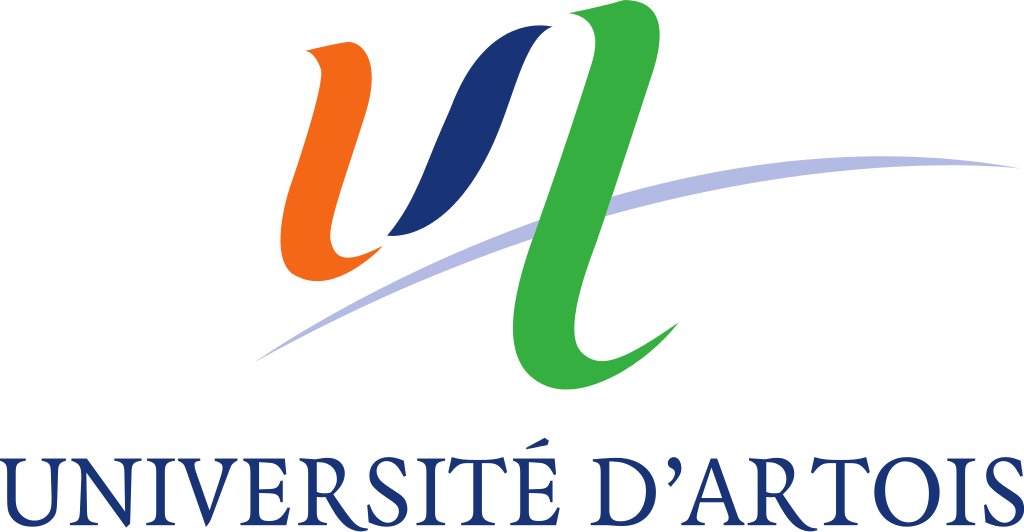Expressing independence in a possibilistic framework and its application to default reasoning
Résumé
Possibility theory offers a general framework for dealing with default rules of the form "generally, if p, then q" which are modelled by constraints expressing that having p and q true is strictly more possible than having p and not q true. Then possibilistic logic offers an inference machinery for default reasoning which obeys classical postulates for nonmonotonic reasoning including rational monotony. In this paper after presenting an overview of the possibilistic approach to default reasoning, we discuss how to express independence information of the type "in context p, the truth or the falsity of r has no influence on the truth of q". A brief discussion of the modelling of independence in possibility theory is provided. Taking into account independence assumptions leads to supplement the given set of defaults with more specific defaults; this allows to deal with independence information in a way homogeneous with defaults, and to solve blocking of property inheritance problems
